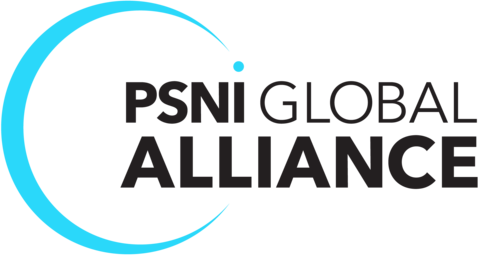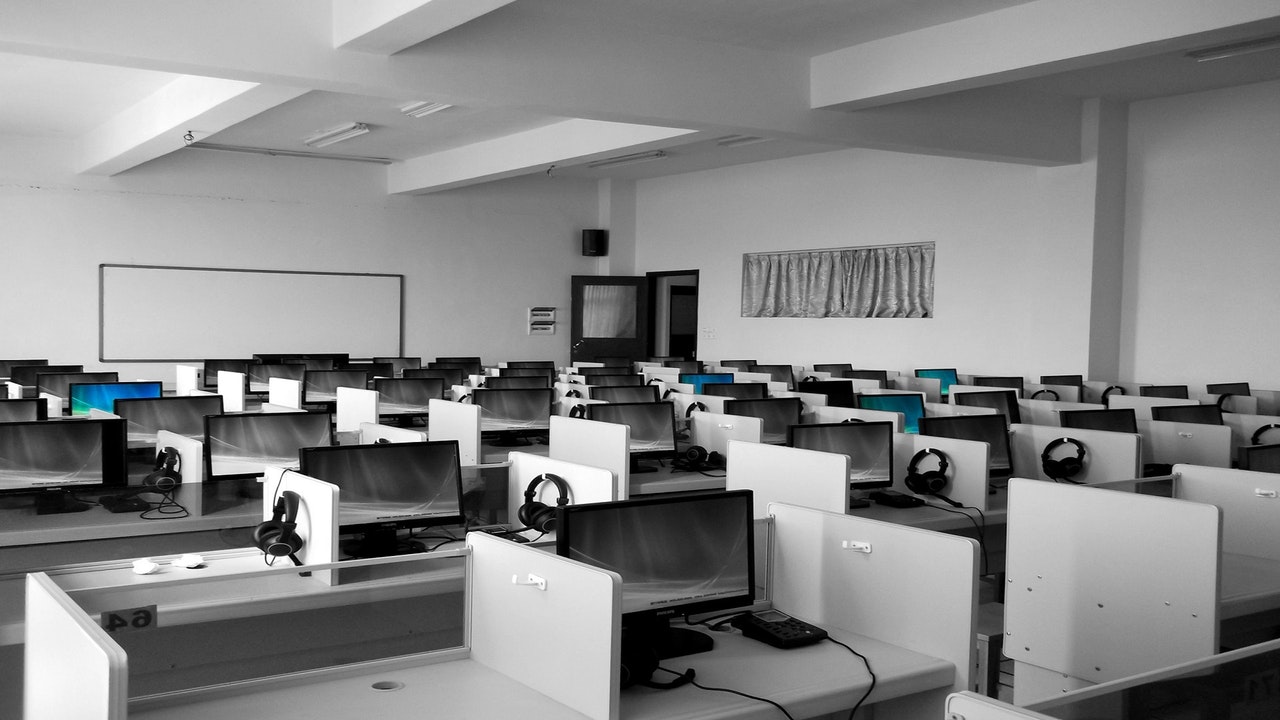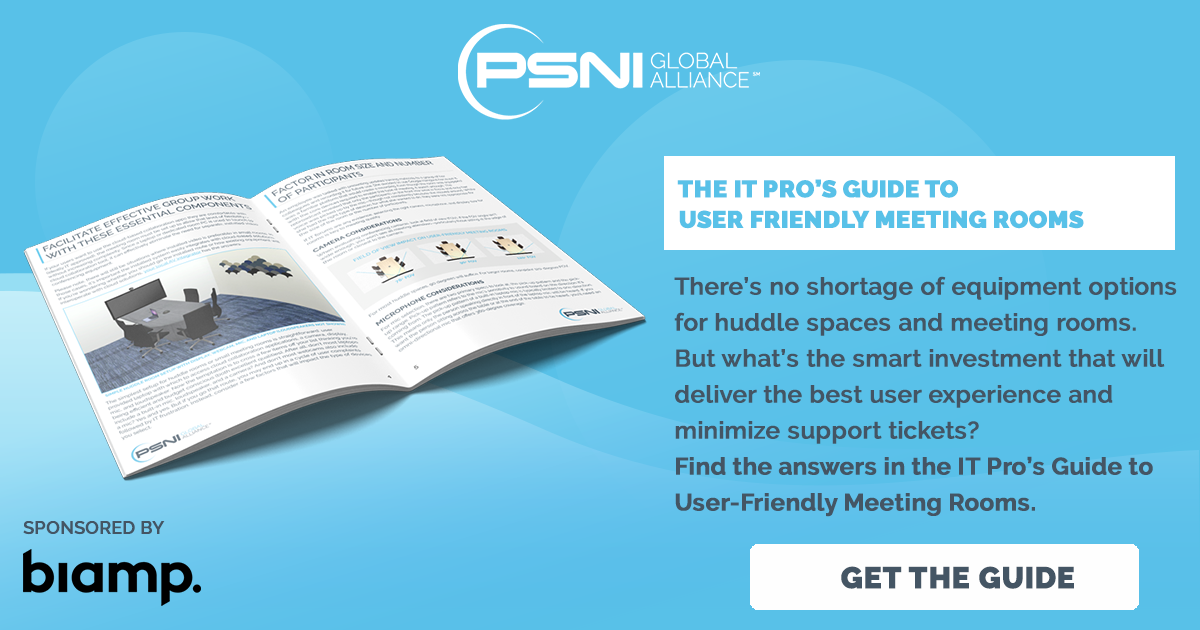With loads of stress and a looming deadline, you put on your best do-not-disturb face and dive into work. Laughter, grumblings about traffic, and stories of last night’s escapades drift into your workspace. Short of inventing a cone of silence, you don’t know how you will ever be able to concentrate—or how your coworkers don’t realize their private conversations are anything but. Fortunately, sound masking can solve both the problems of distraction and discretion.
What is sound masking?
Sound masking is the use of low-level sound to cover up noise in the spaces where unwanted sound is being heard. It can be used in many kinds of spaces, but is particularly useful in open floor plans. You’ve probably experienced it in a number of environments but don’t always notice it because that’s part of the point—it’s sound that masks other sounds in a way that’s barely noticeable. In the past, it was common to use HVAC systems to deliver sound masking, but now the strategic placement of speakers offers a more consistent, controlled means of delivery.
When do you need sound privacy?
Depending on the type of work you do, you may need to be compliant with certain privacy standards. If you work in finance, healthcare, or another industry that handles sensitive information, you want to protect your organization and customers by using sound privacy as an added layer of protection.
Or you may simply want to improve employee productivity at your organization. Modern offices are often open spaces that are minimalist in design and décor. They may be full of materials like glass and metal, and even brick and concrete. These materials don’t absorb sound to the extent that materials like carpet and fiberglass do, meaning noise becomes more of an issue.
Sound masking can significantly cut down on employee distractions and frustration caused by unwanted background noise. Workplace satisfaction often improves immediately, and the ROI of improved productivity increases over time as there is little maintenance required.
Which industries benefit from sound masking?
Some environments that benefit from sound masking include:
Hospitals
Like other healthcare facilities, hospitals are required to protect patient privacy. Sound masking allows providers, patients, and visitors to have private conversations. It can also help patients sleep better because it shields them from the sounds of nurses and others who need to come and go, as well as from other background noises that occurs 24/7.
Corporate spaces
It’s often necessary to hold sensitive discussions about finances, human resources, or client relationships. Sound masking can help ensure information stays contained to the right audience. It also improves conditions for concentrating on work.
Government
Many government agencies and departments handle a lot of sensitive information, so securing that information is a top concern. Sound masking helps ensure that internal conversations don’t go farther than the intended audience.
Finance
Sound masking can protect customers from having their account information overheard while also strengthening the institution’s compliance. It also helps employees concentrate on work that requires high levels of accuracy.
Education
Sound masking can significantly reduce distractions for students. It also helps educators provide students with one-on-one help while maintaining privacy.
Where do I begin?
Professional integrators can help you assess how much background noise there is in your office. Ideally, architects consider acoustics and sound masking when planning a space, but that doesn’t always happen. Therefore, many offices and facilities need to be retrofitted.
Manufacturers or integrators will install a combination of noise generators, speakers, amplifiers, and equalizers. The configuration depends on the size and shape of spaces, as well as the organization’s needs. One of the challenges that organizations face is when they can go through the installation process. The work can be disruptive in a space that is always in use. However, many installers don’t require much time and can work around your schedule.
If you’re not already working with an audiovisual professional, you can find an elite integrator in your region here.
You might also be interested:










